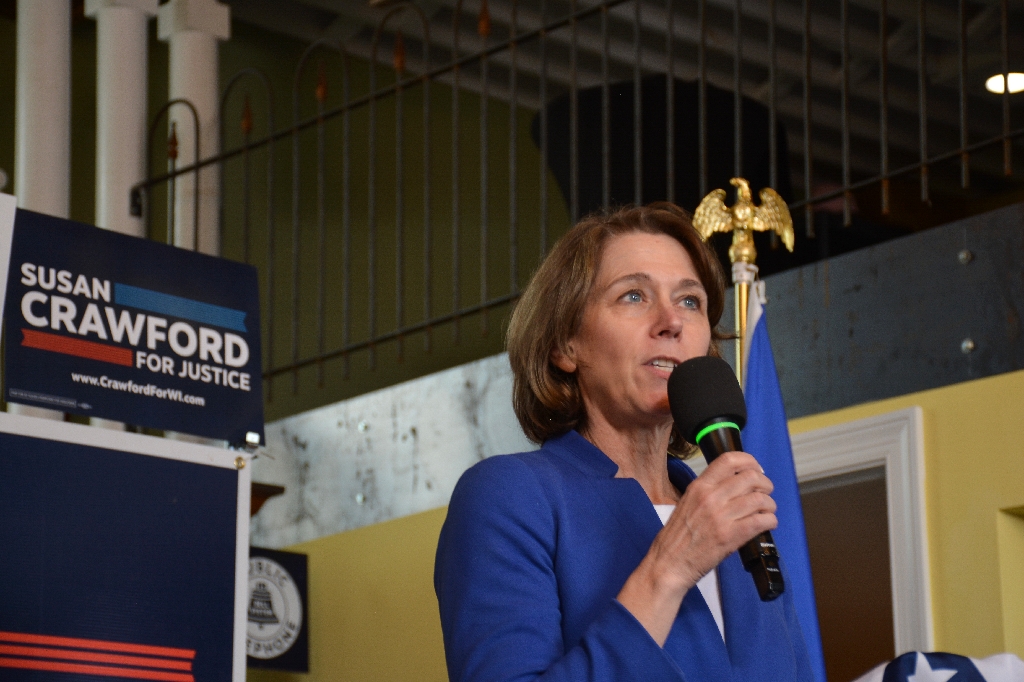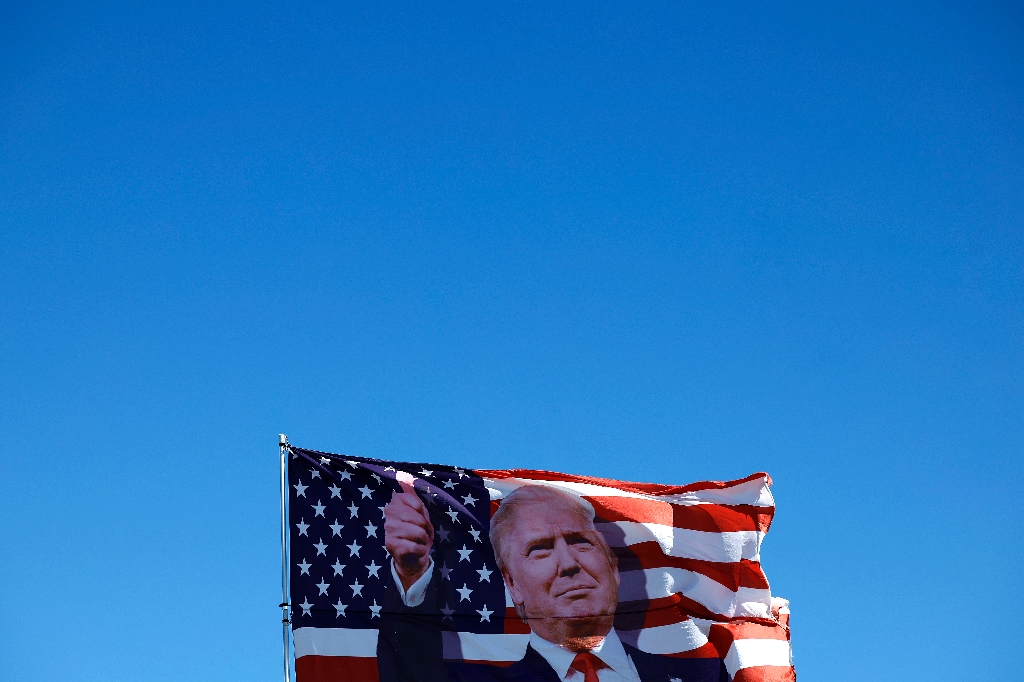(AFP) – Caiden John is excited about the chance to cast a vote in his first presidential election, something his Indigenous forefathers were not able to do. But he’s baffled by how little focus there is on Native Americans in states like Nevada, where paper-thin margins separate Donald Trump and Kamala Harris. “Unfortunately, I don’t know if they are really paying attention to us,” says John, an 18-year-old member of the Pyramid Lake Paiute tribe, which spans several counties in northwestern Nevada. “We are still the smallest minority in our country.”
A century after their ancestors were first recognized as US citizens, many Native Americans who spoke to AFP said they felt cut off from the political process. Neither candidate is talking about Native American issues, and neither has visited a reservation — an own goal in a place like Nevada where the population of Indigenous Americans dwarfs Joe Biden’s 33,500 winning margin in the state in 2020. And in the absence of a visit, the same frustrations that grip the rest of America are bubbling up.
“The native vote in Nevada, that’s like 60,000 votes. Do you want it or not?” asks an exasperated Elveda Martinez, 65, an activist from the Walker River Paiute Nation. “Because if you want it, then you better goddamn get out there to a reservation and say, ‘Here I am.’ You don’t have to go to all of them, but you better come to one or two. It’s late in the game, and voting has started… and you haven’t even showed up.”
That feeling is echoed by Alicia Paul of the Navajo Nation in Arizona. While she says the present administration appears sympathetic, it’s not enough. “In a lot of ways, our rights are kind of on the back burner,” she said. It “definitely feels like we’re not being heard.”
– Apology –
Joe Biden’s visit Friday to the Gila River Indian Community in Arizona may go some way to assuaging that frustration. The president delivered a historic apology for what he called one of the country’s “most horrific chapters,” in which Native American children were taken from their families and put into government boarding schools. For over a century and a half, ending in the 1970s, a forced assimilation program led to the physical, mental, and sexual abuse of countless children, as well as the deaths of nearly a thousand. “I know no apology can or will make up for what was lost during the darkness of the federal boarding school policy,” he said. “Today, we’re finally moving forward into the light.”
– Trump –
The Democrats may have appointed the first Native American to the position of cabinet secretary — Deb Haaland is Interior Secretary under Biden — but the party can no longer depend on Indigenous people’s support, says Martinez. The activist, who has spent much of her life fighting for Indigenous rights and promoting voting among her community, says sentiment is shifting. “We have historically been a real Democratic voting bloc here on the reservation, and that’s changed over the last four years,” she said. “I think it’s probably more like 65 Democrat, 35 Republican, percentage wise now, so things are changing.”
Martinez, who cast her vote for Harris using an online system available for the first time this election, says she cannot stand Trump, but acknowledges that for many in her community “it’s kind of hard to vote for Kamala.” “Under their administration (Harris and Biden) the cost of food has gone up tremendously. People see that. That affects us. People have to travel 30 miles (50 kilometers) to go to a grocery store and then you can’t get as much.”
Martinez says she knows people of all generations who are leaning towards the Republican. “I think might be a reason for them to start to vote for Trump, because they see that when he was the president, groceries didn’t cost that much.”
– Agnes BUN, Paula RAMON
© 2024 AFP




